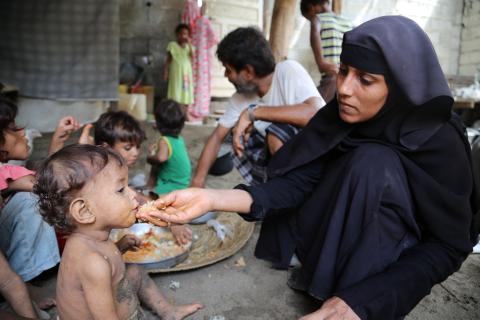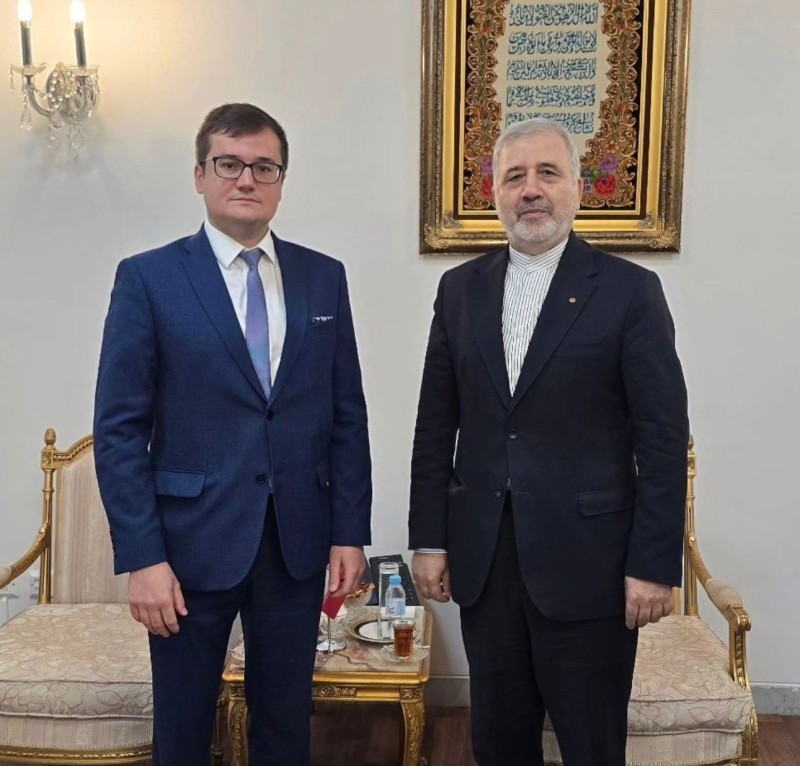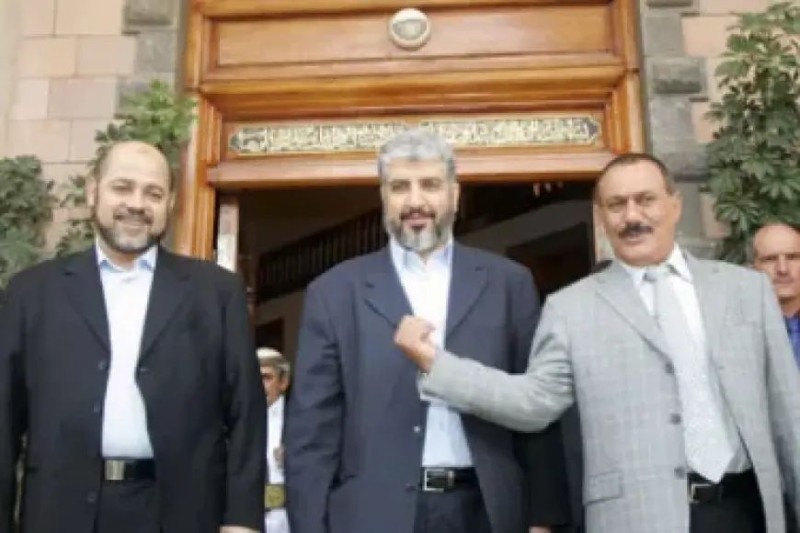Houthis borrow a page of ISIS fanaticism as they ban song and music in Sana’a


Yemeni artists push back against Houthi censorship attempts by organising campaigns to celebrate the country’s authentic music and song.
Yemeni activists have launched a counter-offensive to celebrate Yemeni music in defiance of the decision by the Houthi militias to ban music and songs at social functions in the areas under their control, based on religious fatwas criminalising popular art in a practice similar to that of Islamic State (ISIS) extremists.
The Yemeni ministry of information, culture and tourism joined the activists’ campaign and announced the adoption of the first of July of each year as Yemen’s Song Day.
The ministry called for celebrations on this occasion in Yemeni governorates. It also invited “artists, poets, writers, journalists, broadcasters, activists and all groups of people in all governorates to participate in the celebration of the Yemeni Song Day … with the aim of promoting Yemeni culture and Yemeni heritage.”
Commenting on the campaign launched by Yemeni activists, the Yemeni government’s Minister of Information, Culture and Tourism Muammar al-Eryani tweeted, “In response to the initiative launched by a number of artists, intellectuals and activists, in order to strengthen the Yemeni identity and protect Yemeni heritage and art, in the face of the fierce campaign waged by the Houthi militias against art, the ministry of information, culture and tourism, announces that July 1 of every year will be celebrated as Yemen’s Song Day.”
During the past few days, Yemeni journalists and intellectuals posted on social media a copy of an official document by the Houthi authorities, containing instructions that prevent male and female artists from attending weddings and other social functions held in Sana’a and other areas under the control of the Iran-backed militias.
The document issued by the governor of Sana’a of the Houthi government, Abdul Basit al-Hadi, confirmed that directives were issued to heads of directorates and local councils to “curtail the phenomenon of artists and artists performing at events and weddings by promoting Quranic awareness within the community.”
The decision is just part of measures and practices enforced by the Houthi militias in their areas of control, which include the closure of public places, such as cafes and restaurants, detention and arrest of activists and artists on moral charges and restricting artistic and creative activities, through measures that Yemeni media and activists likened to ISIS practices in Iraq and Syria during the period of the extremist group’s control of large swathes of the two Middle East countries.
The representative of the Yemeni House of Representatives Ahmed Seif Hashid, said that “when singing is prohibited in Sana’a, this means that Sana’a is no longer the capital of all Yemenis.
“It is the right of citizens in other regions and indeed in all of Yemen, to resist the group’s project, which seeks to snuff out pluralism and diversity and impose its presence by force on everyone,” Hashid said in a post on his official Facebook account.
He added, “What happens from time to time in trying to impose the group’s prohibitions reflects persistent attempts to impose this obscurantist project by force, in a way that intimidates all Yemenis and makes them more terrified of this group’s future intentions.
“This adds to this group’s catastrophic failure in building the state and achieving citizen rights and to its drive to eliminate political and intellectual pluralism.”
The anti-Houthi Yemeni MP considered that the decision to ban singing is “an intense expression of economic and political failure” that will end “in abysmal failure at all levels.”
Talking to The Arab Weekly about the reasons for the Houthi cultural and social measures, Yemeni writer and poet Ahmed Abbas said that they go back to the cultural and ideological roots of the Houthis, who are no less fundamentalist and fanatical than other groups known for their cultural totalitarianism, such as ISIS and the Taliban.
Abbas pointed out that there are other reasons that may explain the Houthi behaviour, including their’ desire to divert the attention of Yemeni society, especially the youth, in the areas under Houthi control towards the norms of behaviour sought by the group’s cultural and media machine. This seeks to transform young people into human bombs by brainwashing them into joining the Houthi war project under fallacious concepts of sacrifice and religious devotion.
Abbas pointed out that recently Yemenis, especially young people, in Houthi-controlled areas have shown increasing aversion to Houthi-held events such as the so-called “cultural courses”. This rejection may explain the Houthis’ growing concern that young people may be attracted to song and music that are part of Yemen’s authentic cultural legacy heritage.

Baghdad — The Iraqi government announced the dismissal of several officials following controversy over the inclusion of Lebanon’s Hezbo…

Riyadh – The Russian Embassy announced that Russian envoy Kudrov met with his Iranian counterpart in Saudi Arabia to discuss the latest devel…

Sana’a – A leaked phone call between former Yemeni President Ali Abdullah Saleh and Hamas leader abroad Khaled Meshaal has revealed sha…